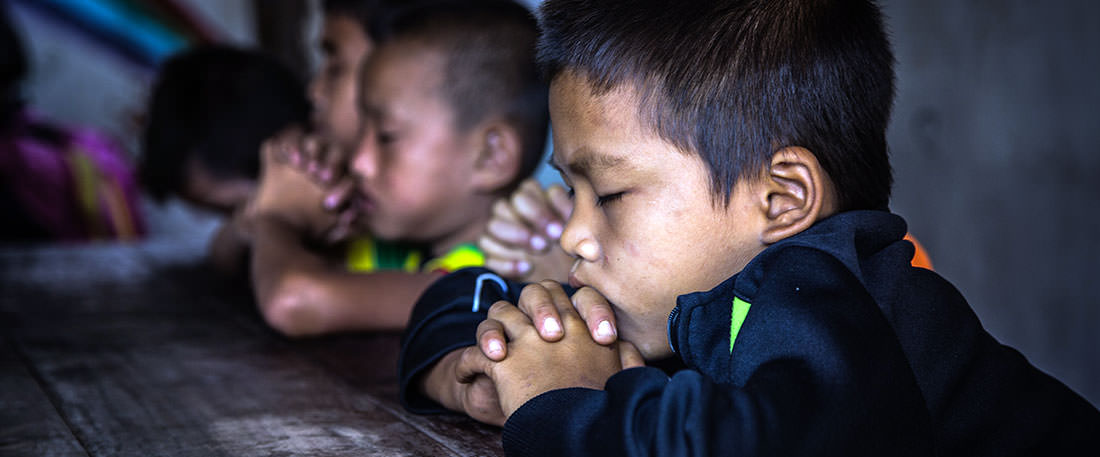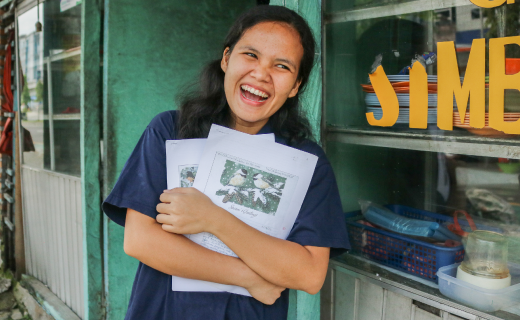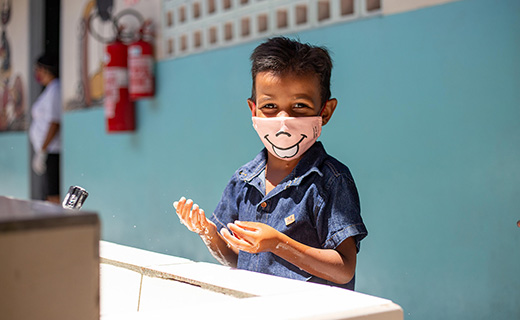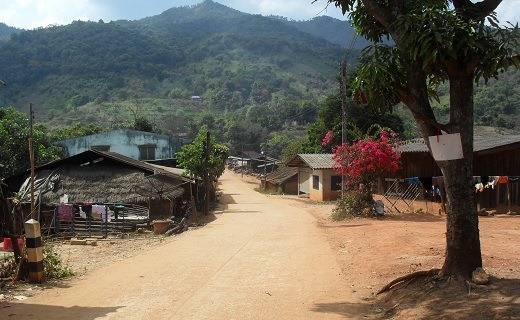Thailand
Capital City: Bangkok
Population: 68 million
Life expectancy: male 71.9 years, female 78.5 years
Population with improved drinking water: urban 97.6%, rural 98%
Infant mortality rate: 9 deaths/1,000 live births
Percentage of children under the age of 5 underweight: 6.7%
Adult literacy rate: male 94.7%, female 91.2%
Religion: Buddhist 94.6%, Muslim 4.3%, Christian 1%, other (2015 est.)
Percentage living on less than $1.90 a day: 7.2%
A little bit of history
Known affectionately by its own inhabitants as the ‘land of a thousand smiles’, Thailand is renowned for its warmth and hospitality, which has made it one of the most popular tourist destinations in Asia.
A unified Thai kingdom, established in the mid-14th century, was known as Siam until 1939, when it became Thailand. It remains only Southeast Asian country never to have been colonised by a European power. A bloodless revolution in 1932 led to the establishment of a constitutional monarchy, but in recent years, Thailand has experienced large-scale anti-government protests. Thailand has also experienced violence associated with the ethno-nationalist insurgency in Thailand's southern Malay-Muslim majority provinces. Since January 2004, thousands have been killed and wounded in the insurgency.
How Thailand makes a living
Thailand’s economy is based on a mixture of industries including agriculture, the production of electronic, car parts, and processed foods. The tourist industry is also an invaluable part of the economy, which also has its dark side. Over two million people make a living from the sex industry including many child prostitutes.
Despite decades of rapid development, many groups in Thailand have been left behind. Thailand has a diverse ethnic make up and including many migrants and refugees who have not shared in the economic growth of the country.
Challenges faced by the children
There are numerous dangers for children living in Thailand who are often seen as commodities that can be sold into prostitution, used for drug trafficking or labourers. There are an estimated 35,000 street children and children who live in slums are targets of the drug rings.
Despite increased HIV awareness, infection rates are rising among the young people and particularly those in the south of the country. An estimated 290,000 children have been orphaned by the HIV epidemic and around 2,000 children are born with HIV each year.
Compassion in Thailand
Compassion's work in Thailand began in 1970. Currently, more than 56,788 children are registered in more than 183 child development centres.
What sponsored children learn in Thailand
Project days in Thailand are generally held on Saturdays and Sundays. During a typical project day, sponsored children will participate in activities such as:
- 8.00am Prayer and devotion time.
- 9.00am Spiritual lessons. Children sing songs and learn Bible stories.
- 10.30am Break time and snack. Children can play in a safe environment and develop friendships.
- 11.00am Social lessons. From conflict resolution to developing healthy self-esteem and a Godly character, children who often come from challenging home environments are taught social and personal skills.
- 12.00pm Lunch and social time. Each child receives lunch which consists of rice, vegetables and meat. Milk is provided for young children. Children who are malnourished receive additional food to take home with them every month, such as rice, eggs, canned fish and milk.
- 13.00pm Health lessons. Children are taught practical health and hygiene tips. Example topics include how to prevent malaria, HIV/AIDS, and the prevention, recognition and response to child abuse.
- 14.00pm Letter writing and career planning. Older children work with project staff to identify their strengths and interests, setting realistic goals for their future.
Additional activities offered by projects in Thailand:
- Projects offer extracurricular activities such as physical games and music, community sports days, as well as community service opportunities such as anti-drug campaigns. These activities are generally held during school holidays.
- Every year, parents are offered parenting classes and meetings to inform them about what their children are learning at the projects. There are also special events such as Family Camp, Mother's Day and Father's Day. Many projects also offer income-generation training for parents.





